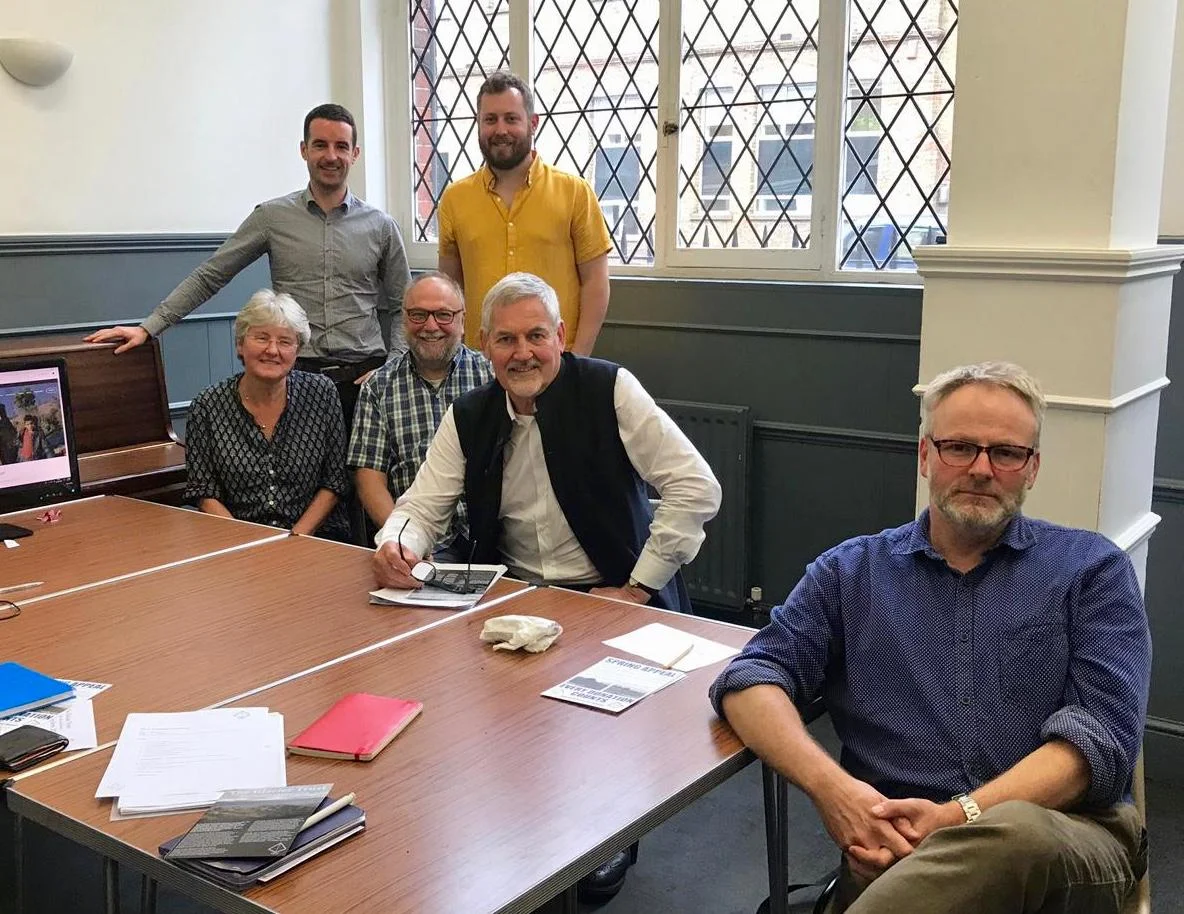STUDENTS ON STRIKE
Sir, Children and young people taking part in the school strikes for climate are to be commended, not ridiculed. The UN intergovernmental panel on climate change has said that we need to take decisive action now to avoid the worst effects of climate breakdown. Scorching temperatures, wildfires and floods are already claiming lives around the globe. As more land becomes inhospitable, the refugee crisis will deepen.
Young people seem to understand the urgency of this issue, while governments continue to drag their feet. The window for action is rapidly closing, and it is this generation, many not yet old enough to vote, who will have to deal with the consequences of global inaction. People in this country have a proud tradition of standing up for what’s right, so it is fitting that our school children have taken on that mantle on one of the defining issues of our time.
Professor Bill Adams, Moran Professor of Conservation and Development, University of Cambridge; John Ashton, UK Special Representative for Climate Change (2006-12); Craig Bennett, CEO, Friends of the Earth; Professor Ruth Blakeley, Professor of Politics and International Relations, University of Sheffield; Tom Burke, Environmentalist and Advisor; Mike Clarke, CEO, Royal Society for the Protection of Birds; Dr Richard Dixon, Director of Friends of the Earth Scotland; Professor Paul Ekins, Institute for Sustainable Resources, University College London; Henry Greenwood, Founder and Managing Director Green Schools Project; Kate Hampton, CEO, Children’s investment Fund Foundation; Hendrikus van Hensbergen, CEO, Action for Conservation; Professor Aled Jones, Director Global Sustainability Institute, Anglia Ruskin University; Laurie Lee, CEO, Care International UK; Professor Michael Jacobs, Professor in Political Economy, University of Sheffield; Nick Mabey, CEO, Third Generation Environmentalism (E3G); Andrew Norton, Director, International Institute for Environment and Development; Chris Packham, Environmentalist and Broadcaster; Dr Morgan Phillips, UK Director The Glacier Trust; Jonathan Porritt, Environmentalist and Campaigner; Peter Robertson, CEO, National Union of Students; John Sauven, Executive Director, Greenpeace; Professor John Schellnhuber, Director Emeritus of the Potsdam Institute for Climate Impact Research; Charles Secrett, Environmentalist and Advisor; Dr Emily Shuckburgh, Climate Scientist, Darwin College, University of Cambridge; Dan Snow, Historian and Broadcaster; Shaun Spiers, Executive Director, Green Alliance; Tanya Steele, CEO, WWF-UK; Professor Will Steffen, Fenner School of Environment and Society, ANU College of Science; Professor Iain Stewart, Director Sustainable Earth Institute, University of Plymouth; Sue Tibballs, CEO, The Sheila McKechnie Foundation; Steve Trent, Executive Director, Environmental Justice Foundation; Crispin Truman, CEO, Campaign to Protect Rural England; Professor Bhaskar Vira, Director Conservation Research Institute, University of Cambridge; Farhana Yamin, Founder and CEO, Track 0
Available online at www.thetimes.co.uk/letters











